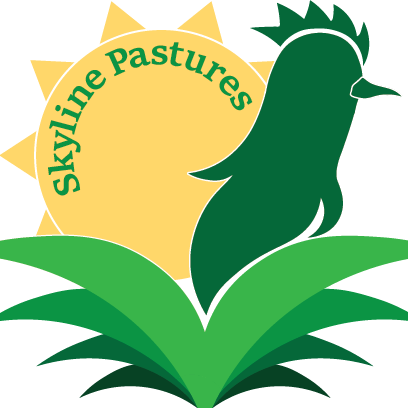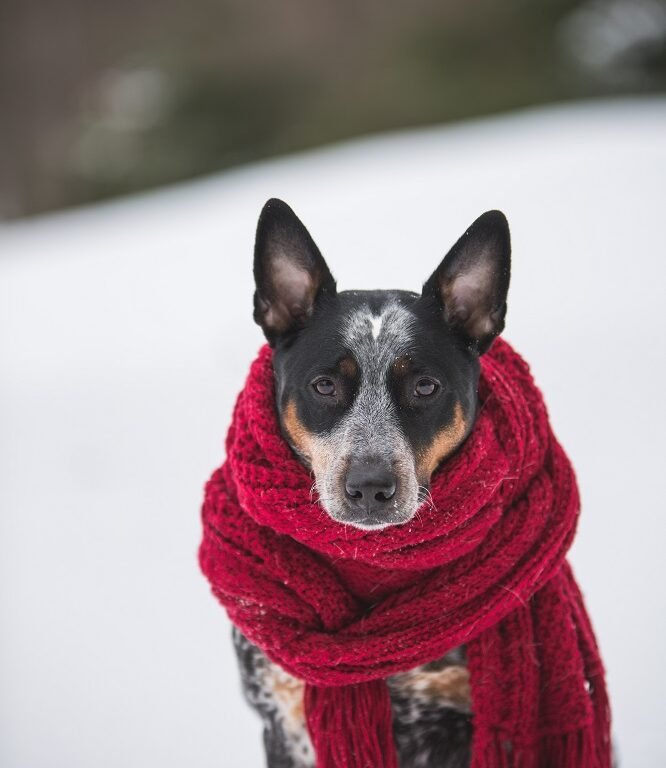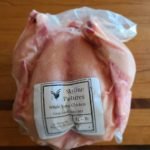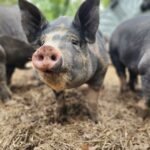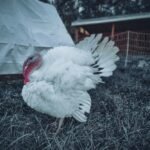2023 is going to be our biggest, best year yet!
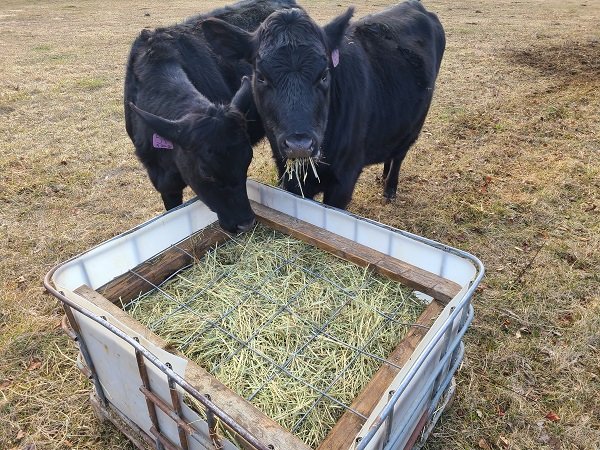
Good evening, everyone. We are going to make 2023 our busiest and best year yet! In addition to processing 2 beef cattle, 14 forest raised hogs, 15 Thanksgiving turkeys, and hundreds of pastured broiler chickens, we are going to significantly…
